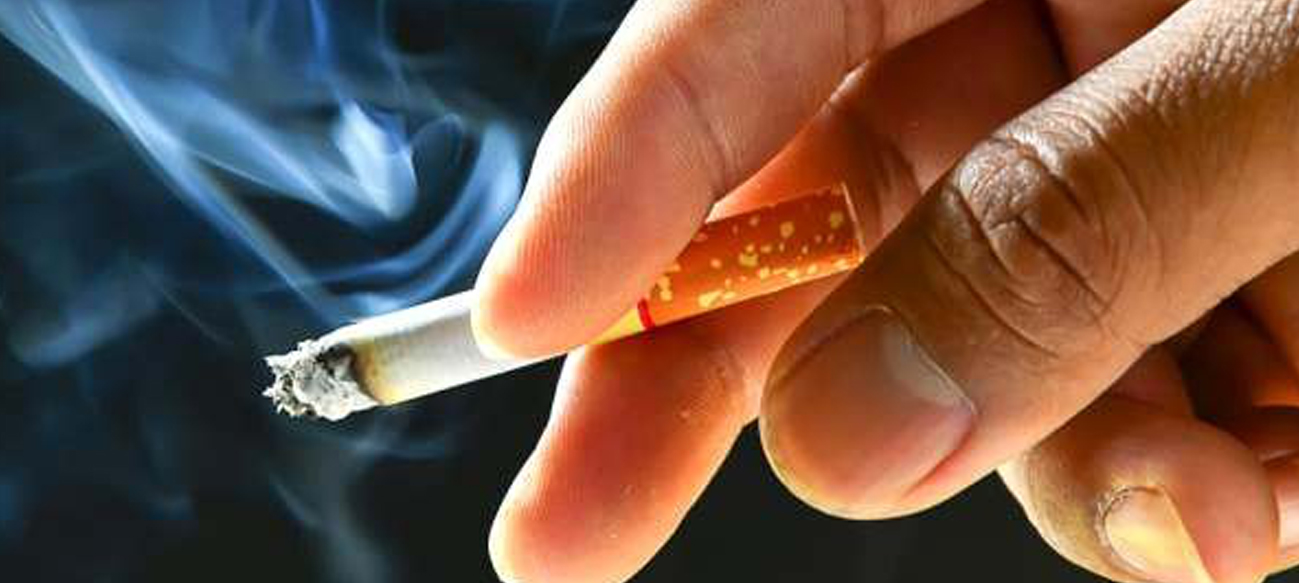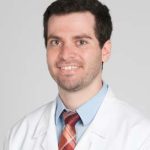Of the 4,500 new cancer cases reported each year, 150 are of lung cancer in the UAE, according to the official cancer portal of the UAE government.
While the number may seem relatively small, doctors warned on World Lung Cancer Day on July 31 that most cases that come to light are in an advanced stage.
Dr Mohannad Diab, consultant oncologist from NMC Hospital, Abu Dhabi, said, “Nearly 50 percent of those who come in for screening are those in advanced stages, of which a majority of the patients succumb to lung cancer. Lung, colorectal and breast cancer together account for 30 percent of the fatalities due to cancer.”
Deaths from lung cancer are preventable provided they are detected in the early stages, according to Dr Redha Souilamas, chair of the thoracic surgery department of the Cleveland Clinic, Abu Dhabi and chairman of the Thoracic Tumour Board.
Dr Souilamas said, “Only 150 cases of lung cancer diagnosed each year means that this disease is under diagnosed. We have a very young population and a large section of them are heavy smokers. Nearly 90 per cent of lung cancer cases occur due to smoking. It’s not just cigarettes; people who have other forms of tobacco such as dokha and sheesha are also at high risk. However, most young people never come forward for early screening. It is at that stage when lung cancer is completely treatable. If a person has a history of heavy smoking and is past the age of 40, he must come in for screening.”
Dr Souilamas added that going by UAE government recommendations, the Cleveland Clinic Abu Dhabi will begin a low dose CT scan for lung cancer detection in the last quarter of 2019. “This screening, which is the best option for early detection, will be reimbursed by health insurance policies and help us gain better control over spread of lung cancer,” he added.
Besides the screening, the clinic has also started the hybrid multimodality management of lung cancer protocol. Under this protocol, patients who are suspected to have lung cancer based on their symptoms and tests are wheeled into an operation theatre where a m u l ti di sci pl i n ar y team n o t o n l y co n du cts th e bronchoscopy and biopsy but also goes ahead and conducts the lobectomy or segmentectomy to excise the cancerous portion.
“In one shot, once the patient is under general anaesthesia, we complete all the procedures and that saves time of recovery and gives better results in containing the cancer,” added Dr Souilamas.
Dr Abdul Rehman Labann, medical oncologist from the Advanced Oncology Centre Dubai, said, “This cancer forms in the tissues of the lung, usually in the cells lining the air passages. These abnormal cells do not carry out the functions of normal lung cells and do not develop into healthy lung tissue. As they grow, the abnormal cells can form tumors and interfere with the functioning of the lung.”
The treatment and protocol to be followed for any lung cancer depends on the category and the stage of advancement. Based on these assessments, an oncologist will decide if the patient needs surgery, chemotherapy, radiation or immunotherapy.
Dr Diab recommended immunotherapy as a viable method of treatment in advanced stage lung cancer.
“In cases of patients over the age of 70 who come to us at an advanced stage, immunotherapy works very well. This therapy loads the immune system of the body with medicine that only picks out malignant cells and destroys them. It is a sort of targeted cell therapy with very few side effects. This works well in not only slowing down the cancer, but improving the quality of life of the patient. It may not provide complete remission but makes treatment tolerable and control the disease,” he said.












